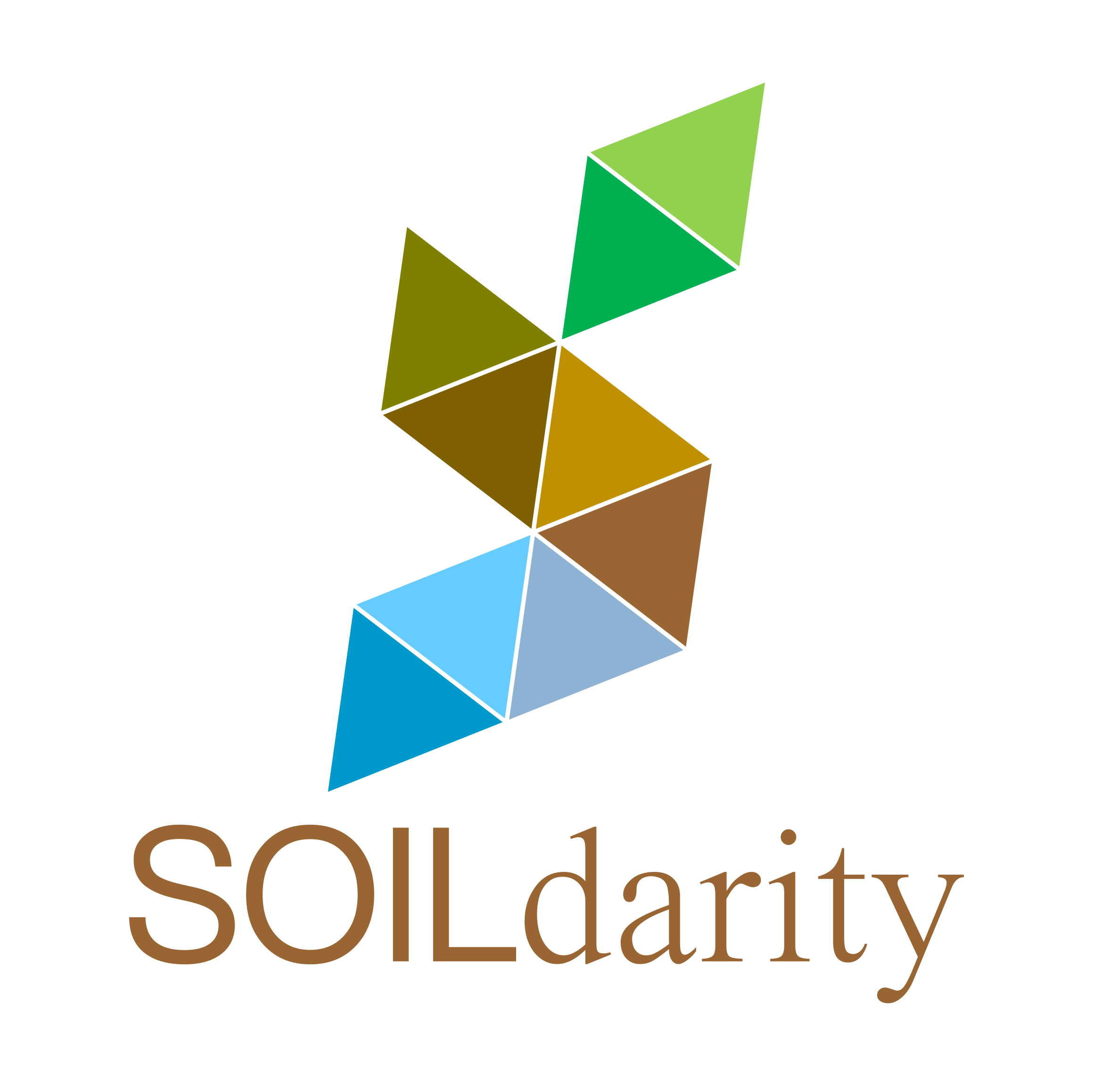Project SOILdarity is coming to an end and you are all invited to its Final Event! During the conference, researchers will present project results and will demonstrate how SOILdarity has integrated soil science with cutting-edge technology and precision agriculture in Portugal. Representatives from local rural and economic communities will intervene to talk about the importance […]
Author: SOILdarity
Combining bio-fertilizer application with precision agriculture technologies
The latest SOILdarity specialized course. The course on biofertilizers will include theoretical lectures about biofertilzers type and sources, their agronomic and environmental benefits, variable rate technologies to implement biofertilizers site specifically, and the potential socio-economic and environmental benefits of combining biofertilizers with variable rate technologies. The online course will be integrated by a field trip […]
Specialized training on sustainable business modelling: bridging science to farmers, industry, and market
Boosting the impact of research activities and making their results exploitable can be a challenge for reseachers, as they may lack competences or resurces to prepare dissemination or exploitation strategies. The challenge could also be harder if the research result is also a business enabler. The Content of the Course SOILdarity organises an intensive training […]
Raising awareness on soil health living labs
Soil health living labs are becoming increasingly popular in Europe as a way to promote sustainable farming practices and improve soil health. These labs are designed to be a collaboration of farmers, researchers, and other stakeholders, with the goal of sharing information and best practices for improving soil health with the broader agricultural community. The […]
Two SOILdarity webinars are better than one
Are you interested in learning more about soil monitoring and reforestation? Then mark your calendars for January 26th and 27th, and join us for our informative webinar series on these important topics. WEBINAR – 26 January 2023 Soil monitoring On January 26th, we will delve into the latest techniques and technologies for monitoring soil health. […]
SOILdarity at the Confederation of Portuguese Farmers
SOILdarity researchers have taken part in and contributed to a workshop on soil with Portuguese farmers and advisors.
SOILdarity Workshop on Soil Health Living Labs
Register now. Places are limited. The event will take place in a hybrid format. Read more
Soils, where food begins
5 December 2022 is World Soil Day. This year the main them is the connection between soils and what we eat. #Soils4nutrition Soil nutrient loss is a major soil degradation processes threatening nutrition and is recognized as being among the most important problems at a global level for food security and sustainability all around the globe. […]
Soil Ecology in Dry Ecosystems – SOILdarity Intensive Training Course
The third SOILdarity specialised training course is getting started! The objective of the course is to offer the participants the chance to acquire fundamental understanding of the soil ecology characteristics of the dry ecosystems and be able to identify soil as a regenerative element of ecological sustainability. In doing so, the course will strengthen the capacities of […]
Put your hands in the dirt – online workshop on how to communicate soil science to kids
You are never too young to discover soils! Soil care and health are two intertwined key concepts, which nowadays are even more central and imperative as it is no mystery that the ecological transition implies the implemetation of a set of wide-ranging strategies. The young generations, in this sense, are called upon to make an […]
